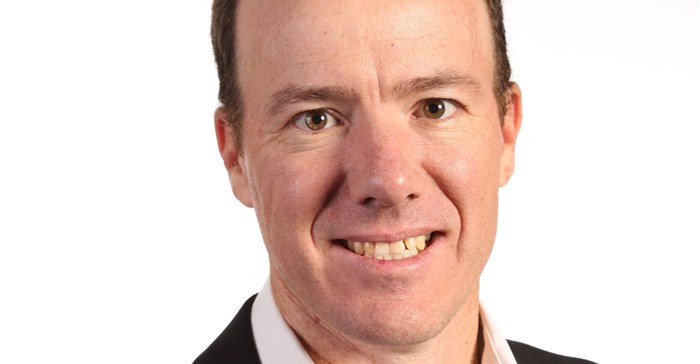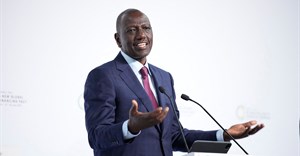
Subscribe & Follow
What the 2019 budget means for healthcare consumers

Healthcare in South Africa can only work if the public and private sectors work in partnership – not one at the expense of the other. That is according to Damian McHugh, head of marketing at Momentum’s health solutions.
“By strengthening public health delivery, and with the private sector making sure that it is working towards a healthier South African healthcare sector by looking for opportunities to work with public entities, we can improve and safeguard the health of all South Africans,” says McHugh.
Mboweni unveiled several changes intended to improve the public health system and address funding for initiatives like the NHI.
Flat lining medical tax credits
To fund the NHI specifically, Mboweni announced a flat lining of medical tax credits, which is expected to generate additional revenue of R1bn in 2019/20. Spending on the NHI programme will increase at an average annual rate of 36.6%, from R1.2bn in 2018/19 to R3bn in 2021/22.
McHugh adds that it is further critical that resources are earmarked to help deliver a fully functioning, world-class public healthcare system, both in terms of infrastructure and service delivery. To this end, it is notable that the 2019 budget has allocated funds to combat diseases like malaria. Figures released by the World Health Organisation (WHO) show that the number of malaria deaths reached 435,000 globally in 2017, with the African region accounting for 92% of malaria cases and 93% of malaria deaths, during this period.
“The bad news as far as the consumer is concerned, is that you will not be able to claim more tax back for your medical aid contribution than in 2018, and it is unlikely that the 2020 budget will increase tax credits either. As the situation stands, principal members and the first dependent on a medical scheme continue to enjoy a monthly tax credit of R310, which reduces to R209 for additional dependents,” explains McHugh.
Impact of VAT increase
When VAT was increased last year, while not impacting medical aid contributions directly at the time, it did result in higher treatment costs, which increased claims costs and led to higher-than-inflation contribution increases among most schemes for 2019. Fortunately, this year’s budget didn’t include a further increase in VAT, which should bode well for 2020 medical aid increases.
“While South Africa finds ways to fund public healthcare, private healthcare consumers will increasingly need to use their health and active lifestyle as an asset, making use of innovative products in the market that assist one in making healthcare funding more affordable,” concludes McHugh.
Encouragingly, government is increasing funding for South Africa’s healthcare professionals, having acknowledged the need for more doctors and nurses. Mboweni announced that R2.8bn has been reprioritised for a new human resources grant and R1bn for medial interns. Another R1bn has been added to raise the wages of community health workers, who will earn R3,500 per month.













